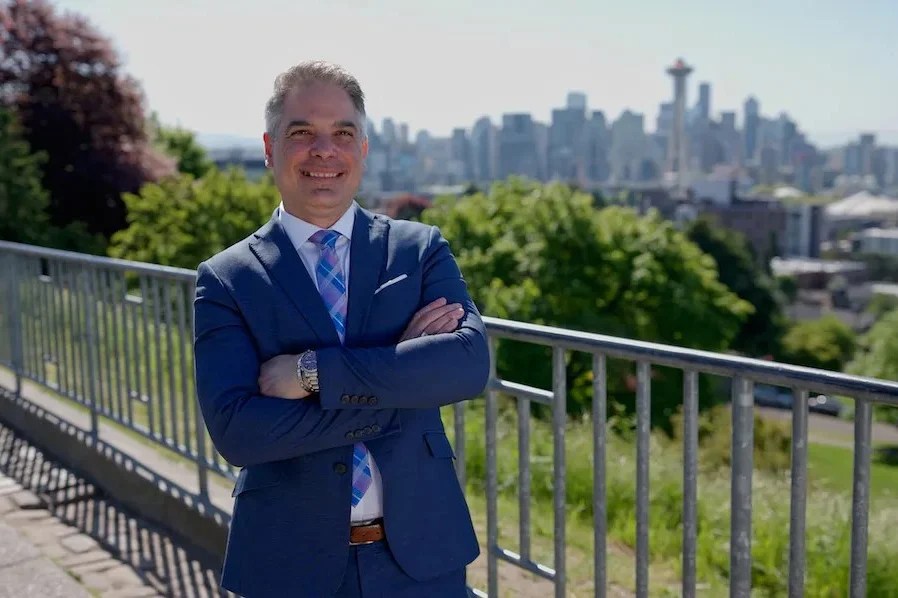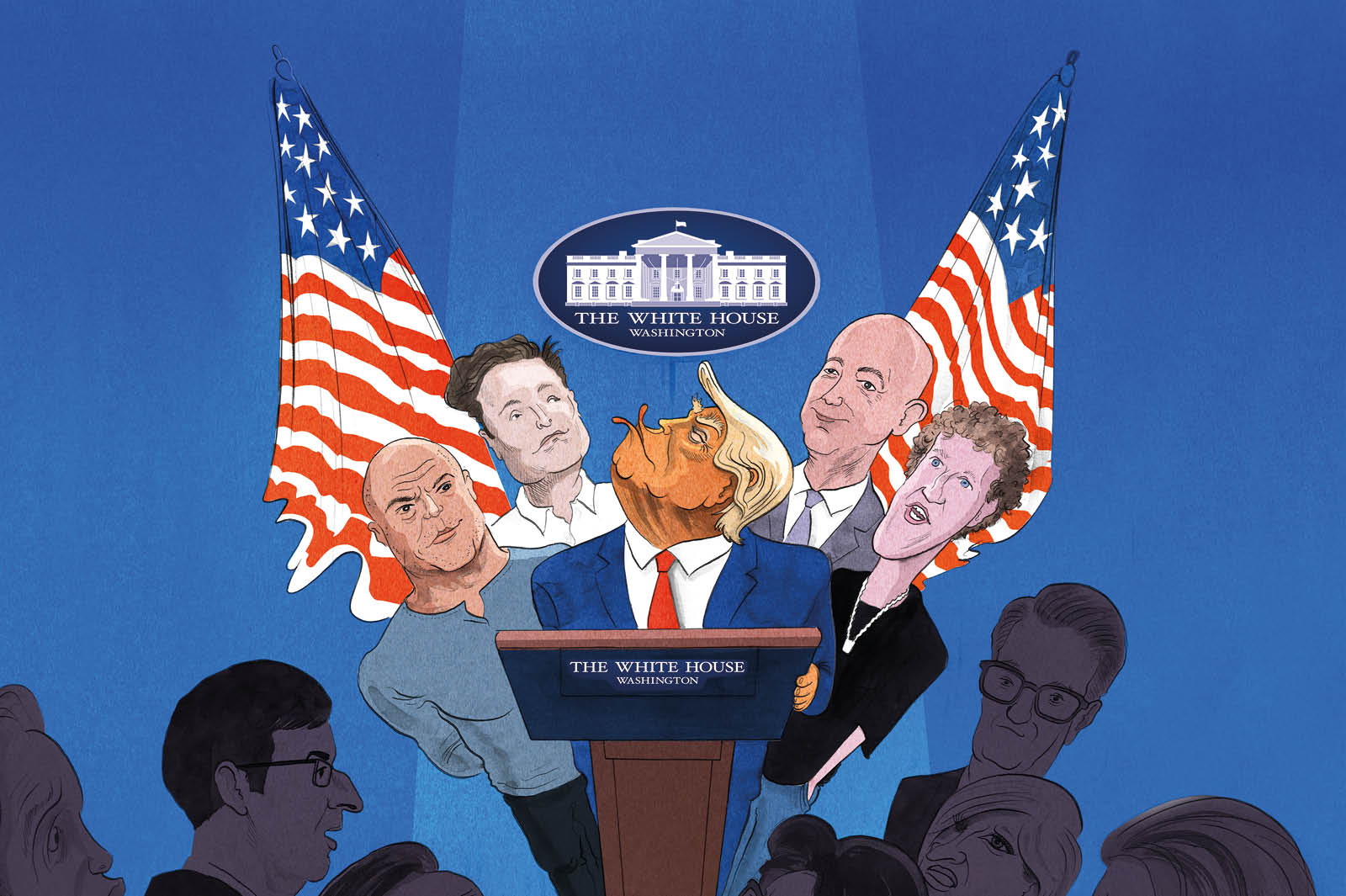Dr. Raul Garcia seems to follow a long Republican tradition in Washington State. He’s a fifty-three-year-old, Cuban-born ER physician who’s emerged from the primaries to challenge the four-term Democratic incumbent Maria Cantwell for her US Senate seat this fall. On the face of it, Garcia’s candidacy is just the latest in a line of plucky but ultimately doomed bids by a GOP outsider to unseat a tenured politician in this part of the world. A couple of years ago, a self-described farm girl from the Seattle suburbs with the striking name of Tiffany Smiley gave Washington’s other senator Patty Murray a run for her money, but in the end the incumbent scraped through for her sixth turn at the public trough.
Professional politicians emerge from their slumbers each election cycle to favor us with their views on matters such as the opioid crisis, our reproductive systems and the obscene expense of our nation’s healthcare system generally. Dr. Garcia, by contrast, has been on the medical front-lines for twenty-six years, the last seventeen of them as a practicing MD in the Pacific Northwest. He speaks from a combination of experience and pragmatism, along with the sort of engrained American patriotism that comes from having endured a childhood in Castro’s Cuba.
“These days, people talk a lot about science,” he tells me. “And what I’ve learnt over a quarter of a century as a doctor is that the best scientific practice is to do things that are effective, and eliminate things that are ineffective. In this case, that means having a zero-tolerance policy towards suppliers, along with mandatory rehab for addicts. Where I live in central Washington, fentanyl goes for 40 cents a pill, which means you have people who are strung out all day for $5. And look at Seattle. It used to be one of the loveliest places in the US. Now it’s a drug city, with all the misery and squalor that go with it.
“If you think that’s fine and good, and that we’re doing great, then you should probably vote for Maria,” Garcia continues. “If you want someone who’s prepared to take the hard decisions needed to clean up our streets, you have a choice in the matter.”
There may be something to be said for life in 1970s Cuba — and plenty of apologists ready to say it — but you could listen to Raul Garcia and still be left wondering what it is. His abiding childhood memory is of the time he fashioned a cart out of a wooden box and a pair of roller skates and told people he would haul their groceries home for them for 10 cents a block. At the end of his first day, he’d made the impossible-seeming sum of $5.
“I ran home and told my mother, ‘I think I’ve found the American dream,’” Garcia says. “She was proud of me, but she also warned me never to use that phrase outside the house for fear of being punished by the government. I think I knew then what I wanted to do with my life.”
After leaving Cuba at the age of eleven, Garcia eventually enrolled at the University of Miami and medical school in New York, before relocating to the Pacific Northwest. “It’s a beautiful part of the world, but it’s also in danger of becoming the same one-party system I remember from my childhood,” he says. Washington State last returned a Republican to the US Senate in 1994.
Garcia and his wife Jessica have four children, “and I’m well aware of the high cost of living these days,” he assures me with a throaty laugh. “One of the things we urgently need to do in DC is to properly audit the federal government from top to bottom, and surgically remove everything that’s rotten, much like you would a tumor.”
“The problem with most of our politicians is that they live in their own echo chamber,” Garcia believes. “The last issue that really exercised Maria Cantwell was when she started getting messages about the Y2K problem over her office fax machine about twenty-five years ago.” He’s particularly caustic about the airs and graces of certain long-serving members of the US Senate. “One or at most two terms is enough,” Garcia says. “You should go in there, advance an agenda that actually helps your constituents’ daily lives and then gracefully bow out again.”
It’s a tough job being a Republican candidate in Washington State. There are vast, largely rural areas in the middle of the state where you see long rows of neat, clapboard houses, many with a US flag fluttering out front, and spruce little hamlets with names like Soap Lake and Gold Bar. And then there’s the basket case of metro Seattle, where roughly half the state’s population lives. “I know it’s an uphill job, and the fundraising has been the toughest part,” Garcia acknowledges. “But there are still plenty of people out there who are tired of the way the professional politicians treat them, and ready for a change.”


























Leave a Reply